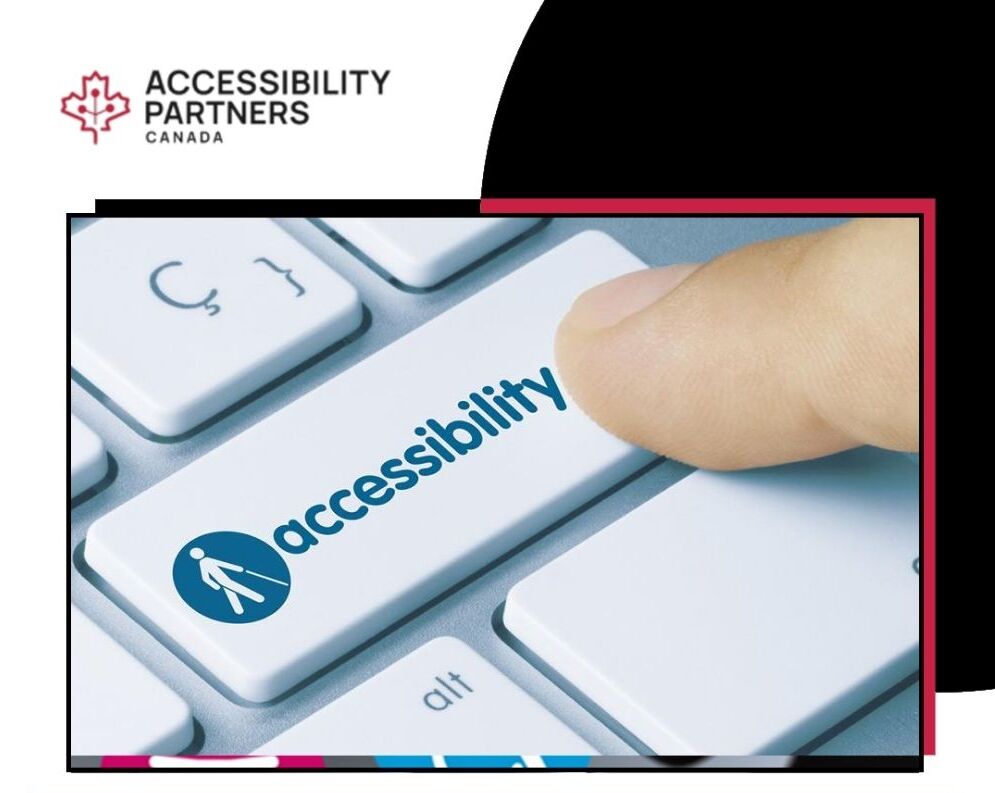The term “assistive technology” refers to any hardware, software, or commercial system used to help people with impairments live more independently.
Assistive technology aids those who have trouble with various daily activities, such as speaking, typing, writing, recalling details, pointing, seeing, hearing, and learning. Individuals with multiple disabilities require a wide range of assistive devices.
To find the best assistive technology companies around Winnipeg and Nova Scotia , follow these steps :
Use Search Engines like Google to Do Research
These days, the quickest way to find information is to use a computer and Google. Databases, blogs, social media, and articles about the latest technology can all be accessed through a single search. Starting with a Pinterest account and pinning all the devices relevant to your quest can help you narrow down your favorites.
Consultant an Assistive Technology Advisor
Assistive technology specialists can be employed by various organizations, including assistive technology resource centers and hospitals, and representatives of these organizations may be able to provide a referral. For example, your doctor or other healthcare professional may be able to direct you to a consultant in your region. Consultants are the most knowledgeable about implementing assistive technology and automated accessibility testing tools .They are also are adept at determining which solutions are the “best match” for various user groups.
Visit an Assistive Technology Resource Centre in Your Area
Assistive technology resource centers maintain libraries and databases of all the devices in their collection. These centers also provide consultation and assessment services for new users. Customers can test equipment, try out new devices, get detailed instructions, borrow devices to use at home, and buy used devices for a lower price.
Some centers offer more specialized services such as job search and training assistance, academic counseling, and advocacy for universal design and accessibility.
Asking the Correct Questions
Before making a purchase, consider asking yourself the following questions:
- Does this device meet my specific issues and needs?
- Will I benefit from the device’s advantages?
- Is there a more efficient device out there?
- Is it going to be easy to include into my daily routines?
- Am I ready to put the device to use?
- Can I get a demo of the device?
- How easy is it to learn how to use the application?
- Is there any assistance or training available?
- Does the device work with the technologies that I use now ? For example, can I use it on your smartphone or tablet?
- Are there any restrictions on using the device at home or in the classroom?
- Is the device trustworthy?
- Am I dealing with one of the best companies for front-end developers in Nova Scotia ?
Who Can Benefit from Assistive Technology?
If you follow these steps , you can rest assured that the gadgets you select will be seamlessly integrated into your daily routine, allowing you to focus on what you do best while enhancing your weaknesses. The following people can benefit from well-chosen assistive technology:
- The elderly, those with disabilities, and those with limited mobility
- Those who are disabled
- Those who suffer from chronic ailments like diabetes or a stroke
- People suffering from illnesses such as dementia or autism
- Persons who are gradually losing their physical abilities
- Benefits to health, happiness, and the economy
In addition to improving a peoples’ health and happiness, assistive technology can significantly impact their family’s financial stability. For example, consider the following:
- Hearing aids make it possible for children with hearing loss to develop their language skills and succeed in school, leading to success in the workforce.
- Wheelchairs reduce instances of pressure sores and contractures, improving access to education and work while lowering healthcare expenses.
- Long-term care for the elderly can be delayed or avoided using automated accessibility testing tools.
Choosing the Correct Assistive Technology
A team of experts & consultants trained in assistive technology typically involved in decision-making is typically involved in assessing special needs. Several specialists can be part of an AT team, including a variety of medical professionals, general and special educators , speech-language pathologists, rehabilitation engineers, and occupational therapists.
NeilStark is a professional blogger who has been actively creating content since 2012. His engaging writing style and attention to detail have made him a trusted voice in the blogging community, consistently providing valuable information and inspiration to his readers.



